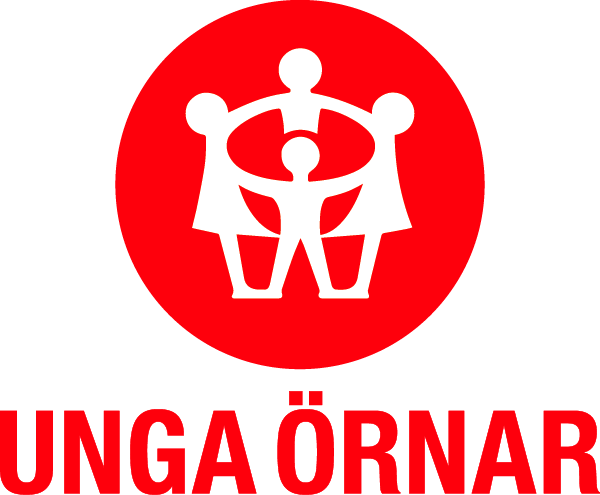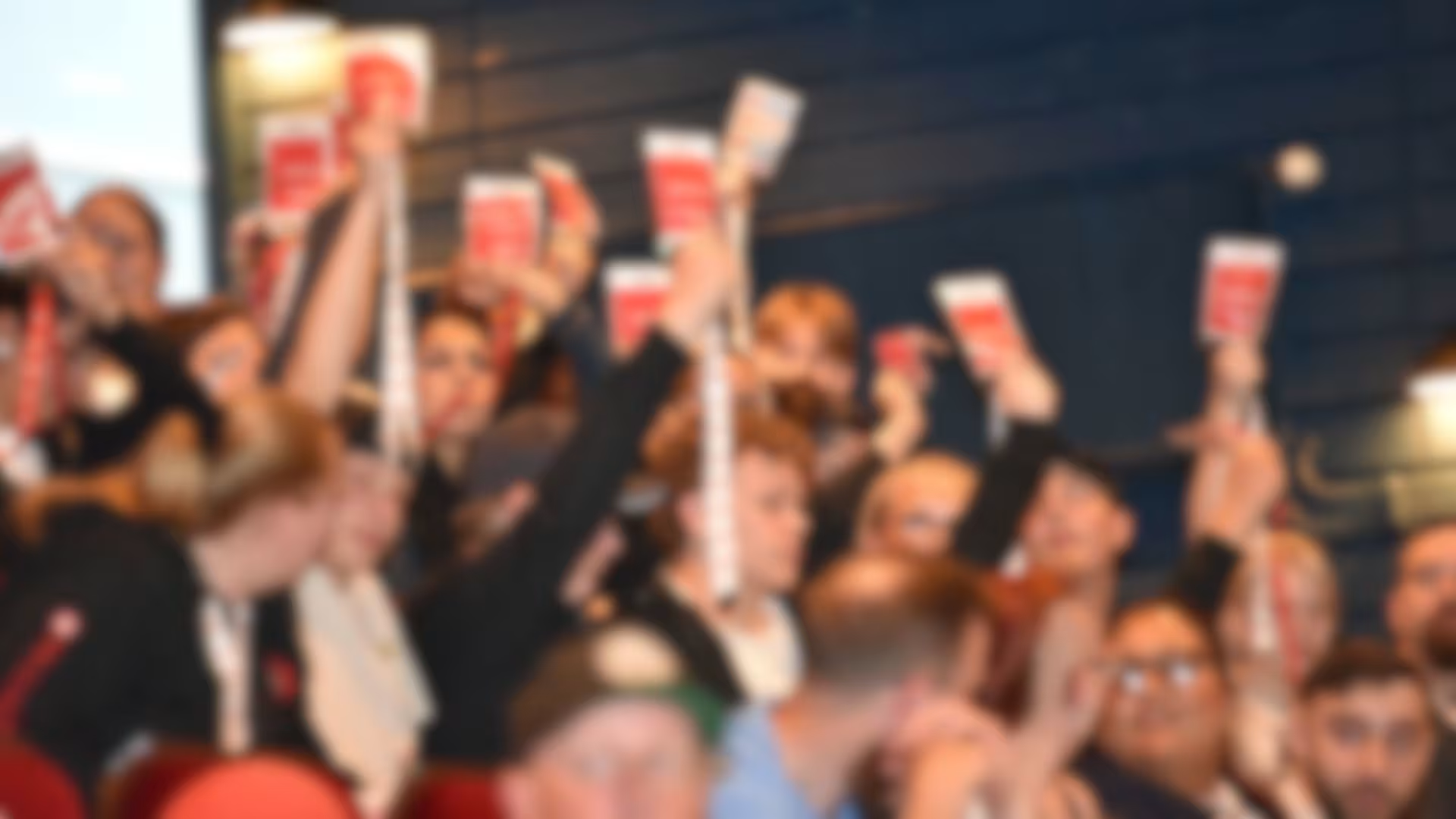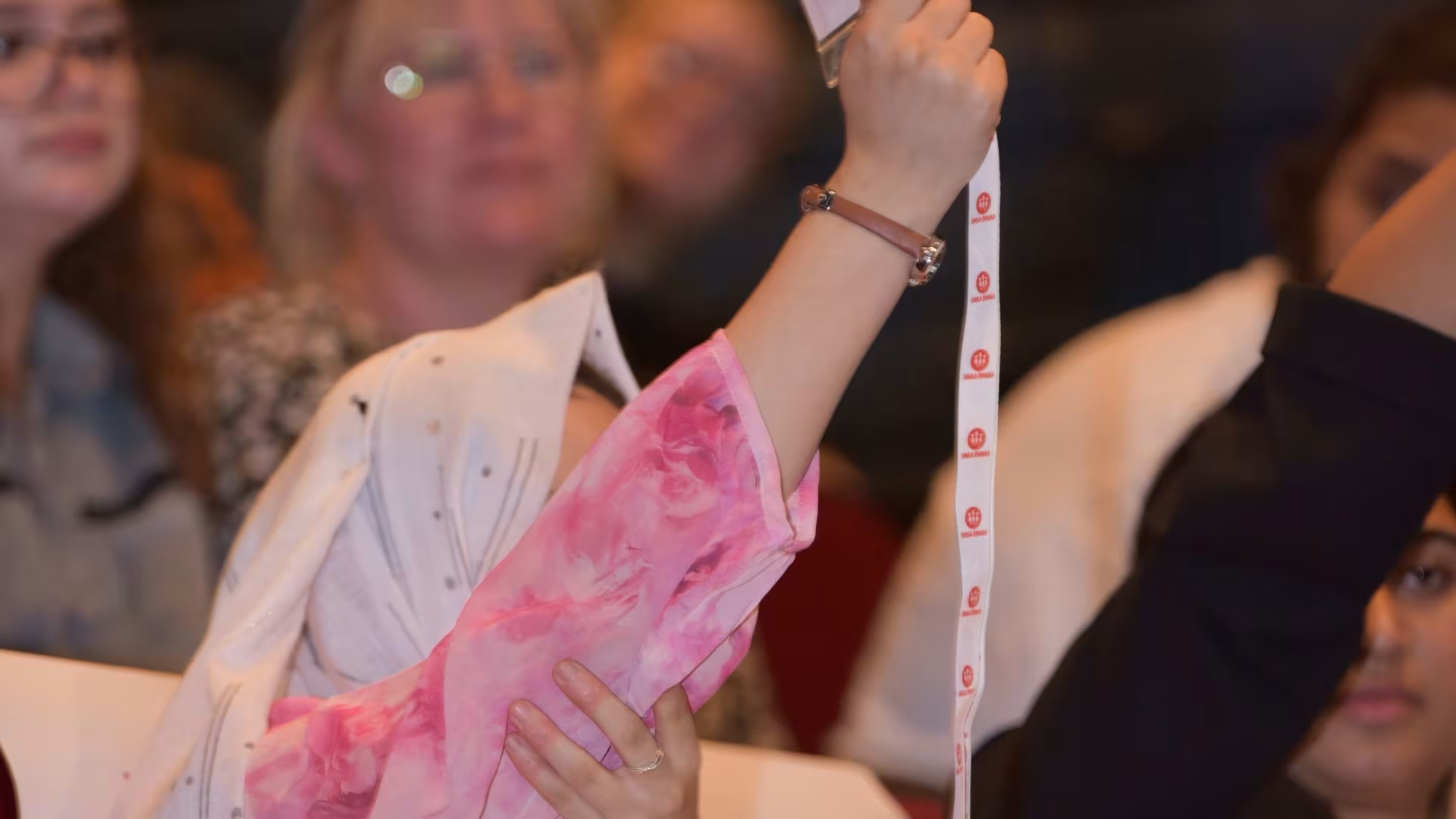Jag har få minnen kvar av min barndom. De få jag har vurmar jag därför för lite extra.
Jag minns till exempel mitt första örn-läger väl. Jag minns den stora förväntan. För första gången skulle jag åka iväg en hel vecka, mitt i sommaren. Det kändes som en lyxsemester. Något jag inte alls var van vid.
Och så minns jag känslan av gemenskap och värme runt lägerelden på den regniga och leriga åkern. Där runt elden var alla jämlikar – trots att vi alla visste hur olika vi egentligen var och hur olika förutsättningar vi alla växte upp med. Där runt elden spelade det ingen roll.
Men utanför lägerverksamheten var skillnaderna tydliga.
”Det syntes på kläderna vi bar, hur vi åt av skollunchen och vilka som kunde följa med på skolutflykten där hyrkostnad för skdriskorna eller matsäcken var obligatorisk. ”
Vår uppväxt formar oss. Hur vår barndom är påverkar hur resten av vårt liv ser ut. Vi vet att en ojämlik barndom kan påverka flera områden i livet, både under uppväxten och på längre sikt, till exempel ökad risk för ohälsa, sämre skolresultat, missbruk, kriminalitet, arbetslöshet och behov av bistånd i vuxen ålder. Forskning visar också på att växa upp i ekonomisk utsatthet har en negativ påverkan på barns livsvillkor. Just därför är det för mig fullkomligt oförståeligt att vi inte gör mer för att se till barn inte växer upp under dåliga ekonomiska förhållanden.
När varningsklockorna nu ringer runt om i landet, där barnfamiljer inte får ekonomin att räcka till det mest basala såsom mat och blöjor borde varenda politiker vända på varje sten för att se till att inte också denna kris drabbar barnen värst. Barnrättssverige har dukat upp ett smörgårdsbord med olika förslag på hur vi kan se till att barn klarar sig igenom krisen.
I rapporten ”Barnen och krisen – så påverkas barnen av inflationen” skriven av Amanda Schulin åt Unga Örnar och tankesmedjan Tiden föreslår vi en rad åtgärder för att hjälpa barnfamiljer som drabbats av den ekonomiska krisen och de stigande priserna. I stället för sänkt skatt för höginkomsttagare, dyr folkräkning och miljardregn över privata skolor vill vi se ett höjt barnbidrag med 250 kronor i månaden som sedan löpande ska justeras upp med inflationen, gratis skolfrukost i hela landet, krisbidrag till barnfamiljer, hyresavdrag och förtur till förstahandskontrakt i kommunala bostadsköer, fri entré för barnfamiljer på badhus och muséer och mycket mer.
Med tidiga och relativt billiga insatser kan vi möta de krav som vi ställs inför, där vi ger fler barn förutsättningar för en trygg uppväxt.
Regeringen skulle bara kunna välja och vraka av förslagen från barnrättssverige.
Tyvärr är högerregeringens fördelningspolitiska ambitioner alldeles obefintliga. I stället för att satsa på barnen och motverka konsekvenserna av krisen så prioriteras sänkta skatter för oss med redan ganska tjock plånbok och fortsatta vinster i välfärden.
Det är skamligt att ett välfärdsland har en regering som inte vill hjälpa de mest utsatta, utan vänder dem ryggen när de som allra mest behöver stöd.
Ser de inte, eller bryr de sig helt enkelt inte om de som kämpar med knappa resurser?
Unga Örnar kommer fortsatt göra vad vi kan för att ge alla barn en meningsfull fritid. För att fler barn ska få känna det jag kände när jag fick möjlighet att delta på mitt första sommarläger som barn. Men vi kan inte lösa alla de stora problem som krisen bär med sig för våra barn och unga. Där måste styrande politiker våga göra prioriteringarna.
I den ena vågskålen finns våra barn och unga och hela deras framtid. I den andra skattesänkningar till de rika. För mig är valet enkelt. Det borde så vara även för regeringen.


